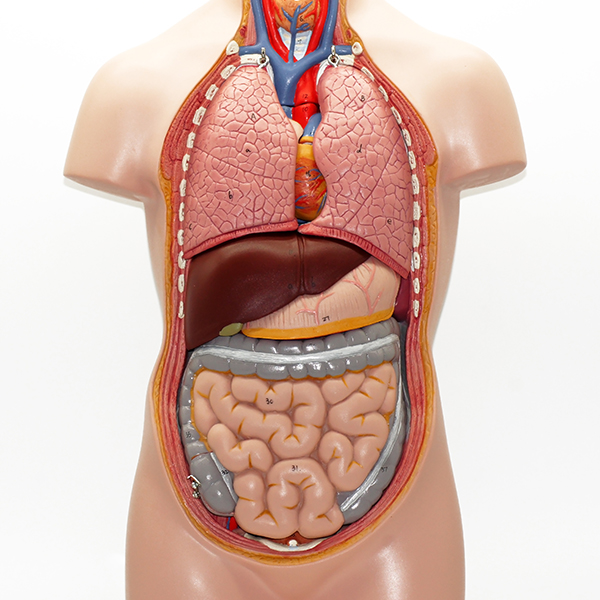
Traditional Chinese Medicine (TCM) and Stomach Heat
In TCM, stomach heat is an imbalance where digestive fire (agni) becomes excessive. This can lead to symptoms like:
Fasting can sometimes aggravate stomach heat, especially if:
Here are some tips to manage stomach heat and stagnation during Ramadan:
Important Note: While these tips can help manage stomach heat, it’s important to consult a qualified TCM practitioner at the Centre of holistic Excellence for a personalized diagnosis and treatment plan, especially if symptoms are severe or persistent. They may recommend herbal remedies specific to your situation.
Disclaimer: This information is for educational purposes only and should not be interpreted as medical advice. Always consult with a healthcare professional at COHE before making any changes to your diet or lifestyle, especially during a fast.
Quick links
Help & Info
Working Hours
08h00 to 16h00 Monday to Friday
08h00 to 11h00 Saturday
Contact Us